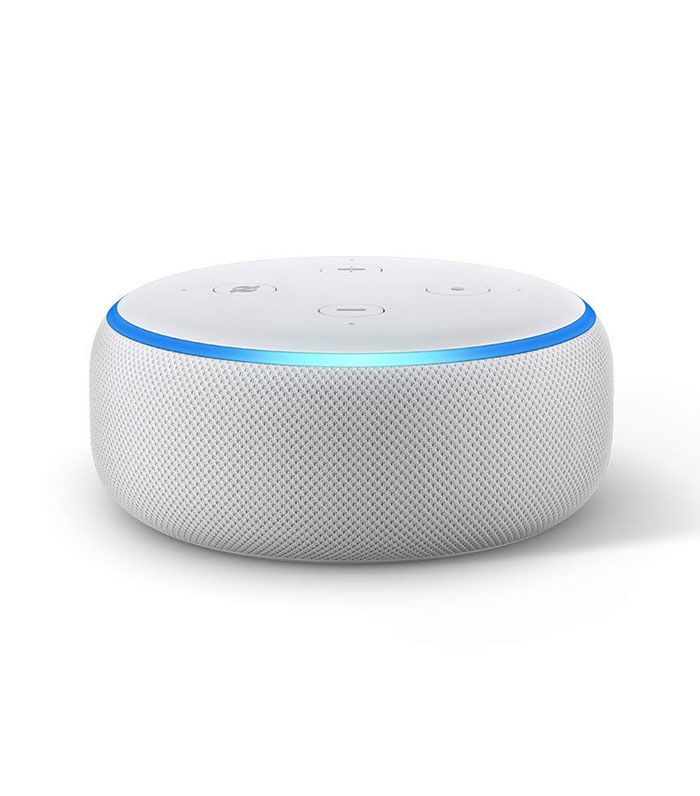How to Cut Down on Instagram, Once and for All

The amount of time we spend on social media is on the rise, and there's evidence all those hours spent scrolling can negatively affect us, from poorer sleep to a more negative self-image. Even if you don't feel like your Instagram account makes you feel crappy, it can also feel like it's a hard thing to control. Social platforms like Instagram and Facebook are designed to keep you there as long as possible. It's an all-too-familiar feeling when a short work break to check your feed turns into a no-too-short break, or an evening disappears after you come home from work and open up your phone for a quick minute.

There are lots of ways you can impose limits on your phone with blockers. I've even tried only having a charger in areas where I don't normally sit or lie down. But, inevitably, I've found myself going incognito to log in or simply watching YouTube until my phone dies on the couch. Curious if there were other things I could be doing, I spoke with Laura Vanderkam, a time management expert and author of Off the Clock: Feel Less Busy While Getting More Done and Juliet's School of Possibilities. She isn't a huge fan of little tricks like website blockers. Instead, she offers some bigger changes you can make that yield all those blockers and locks unnecessary. You won't be scrolling Instagram endlessly anymore because you don't want to, not because you can't. Doesn't that sound like a much more balanced relationship with the app—and social media in general? Here are her tips.

Vanderkam is not one to recommend high-tech solutions, like installing blocking apps. Instead, her biggest tip is to start with making your offline activities as easy to engage in as your social feeds. The goal, she says, is to "make your offline life interesting enough that you aren't constantly seeking out social media to fill time."
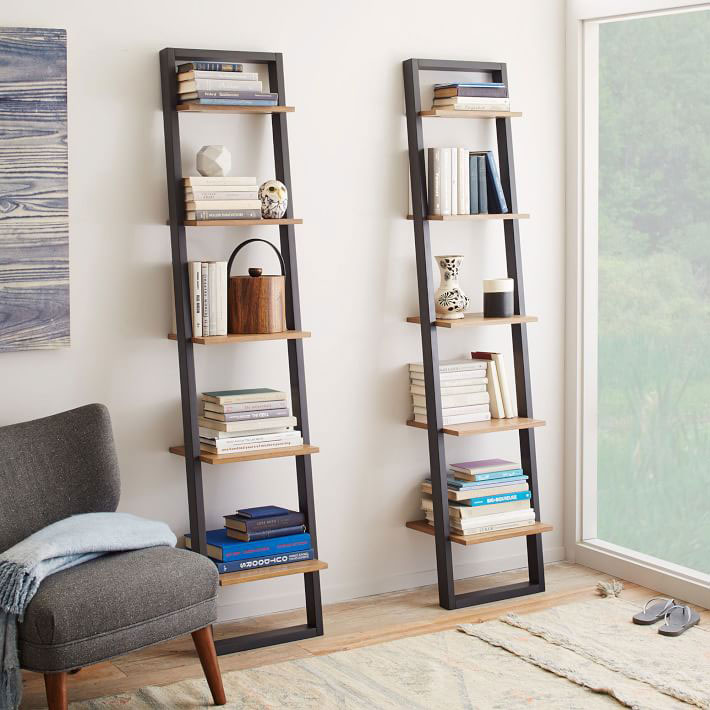
She goes on to give some examples: "Create a music area where you can practice your instrument. Create a gorgeous reading nook so you want to curl up with a book. Make a nice exercise place that encourages you to do that yoga practice you keep saying you want to do." The key here is making (as much as possible) those activities easy to jump into. If your knitting project is stored near a comfy chair in a nice basket instead of stuffed in a closet, you’ll want to dive in after work.

Her second tip is similar to her first. This time, instead of making your "stay home and chill" time more fulfilling, she suggests also finding structured activities that can keep you from the endless scroll.

"In general, you want to fill your time with fun stuff. If you join a choir and have rehearsals one night a week, that's one less night you waste scrolling around on social media," says Vanderkam. Set plans with friends or find regular gym classes. You can even set up a standing phone date with a long-distance friend or family member if making plans on a weeknight isn't your cup of tea. Instead of quitting social media cold turkey, you're letting it be something that "fills in the cracks," Vanderkam explains, rather than the "main course."

I noticed my boyfriend can check in on Facebook once in the morning and once at night for a few minutes and be satisfied. He might not know it, but he is using another one of Vanderkam’s tricks: Making social feeds less interesting.
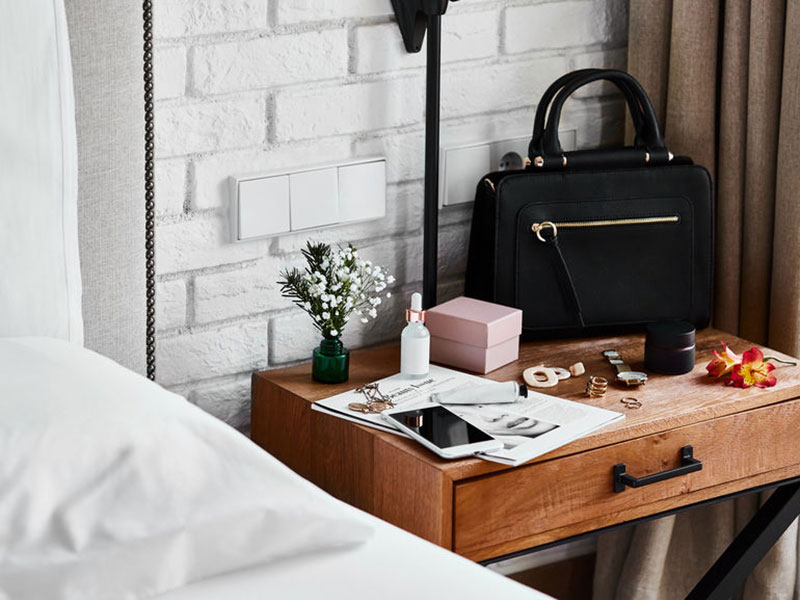
She recommends following fewer people, so there's less to see. Consider unfollowing (or muting) people you aren't in regular contact with. You can always re-follow your favorite influencer in a few months if you miss them, but you may be surprised to learn you don't. You can also mute Instagram stories of friends who are constantly posting and creating new content to check in on but leave their posts in your feed so you'll still have a sense of what they’re up to. Leaving and muting groups on Facebook can also help with this too.
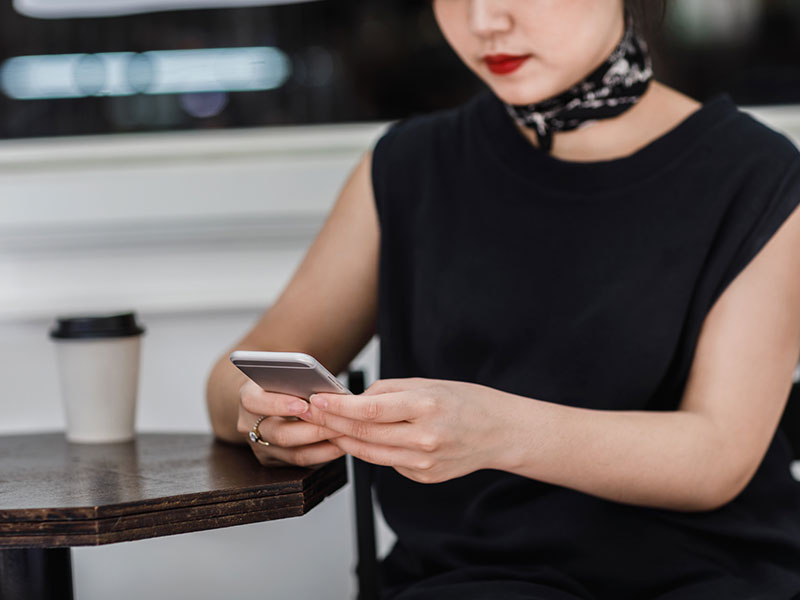
There is one way Vanderkam says she recommends blocking social media: By turning off your phone or internet. "Yes, you can turn it back on, but there will be a quick moment where you have to ask yourself if this is what you want to do, and that little bit of mindfulness is often enough to nudge you to say, actually, I just need a break," she says. "But I'd be better off walking around outside versus scrolling around on Twitter."
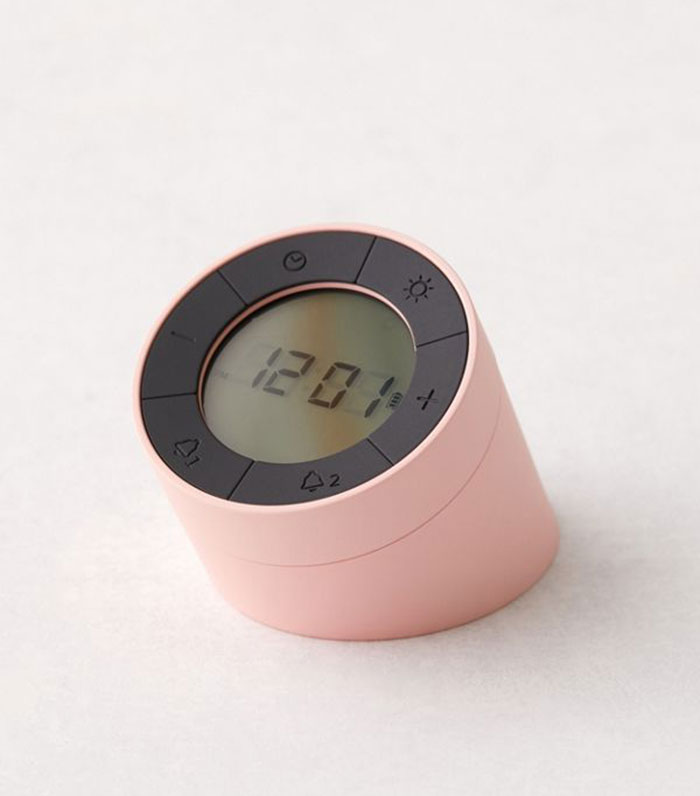
This can also be a good way for you to take stock of all the things you use your phone for, like using it as an alarm clock, which can send you down a Facebook rabbit hole—so consider getting a regular alarm clock. If you listen to podcasts at night, you can stream it through a smart speaker or download what you want to listen to and put your phone on airplane mode. The number of things we use our phones for makes it easy to dip back into scrolling, so a little bit of prevention is smart here.
This article is provided for informational purposes only and is not intended to be used in the place of advice of your physician or other medical professionals. You should always consult with your doctor or healthcare provider first with any health-related questions.
